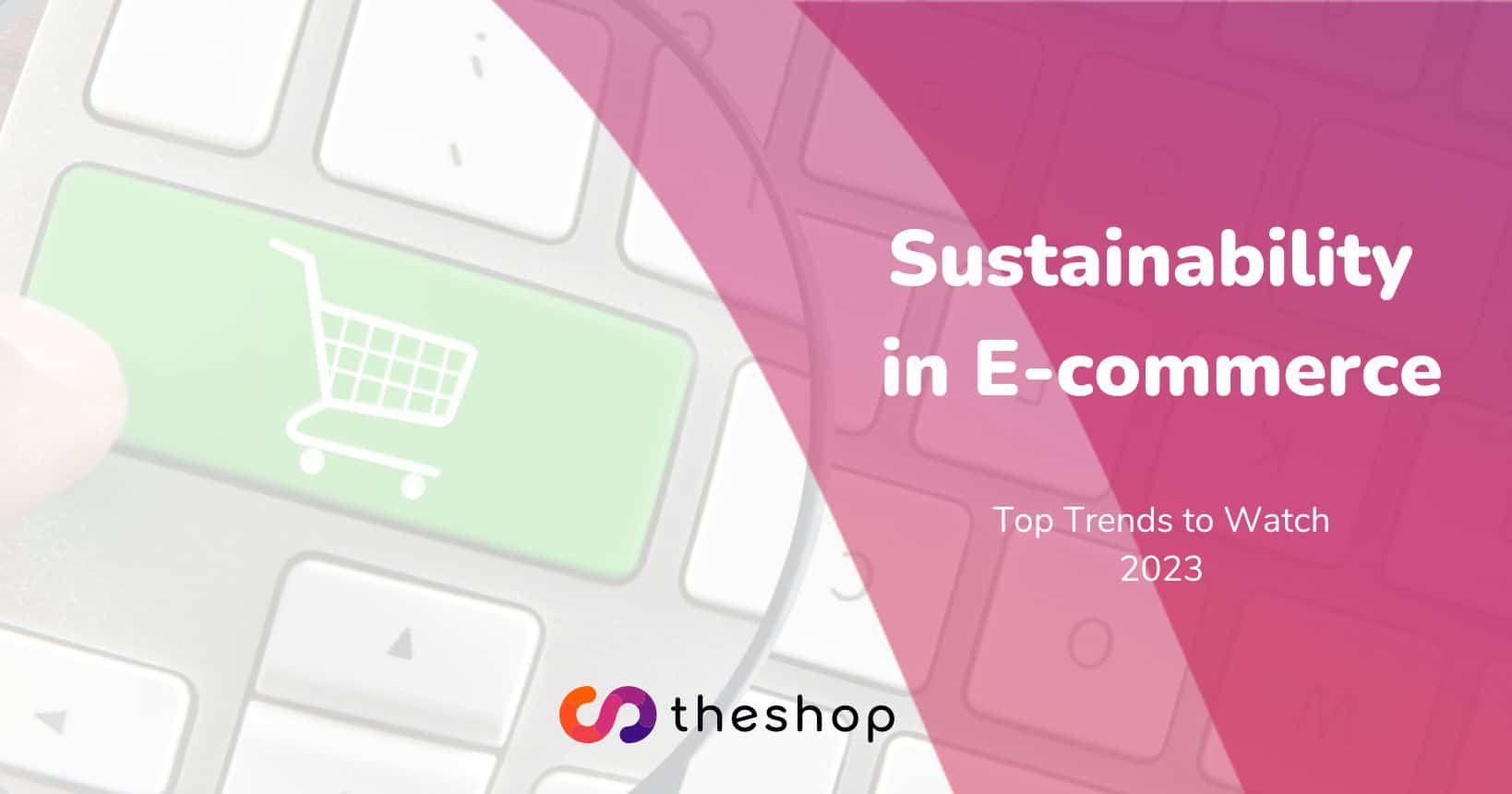E-commerce has seen tremendous growth in recent years, and this trend is expected to continue. As the world becomes increasingly digital, more and more people are turning to online platforms to purchase goods and services. As a result, e-commerce companies must stay on top of the latest trends in order to stay competitive.
The Growing Focus on Sustainability
One of the biggest trends to watch this year is the growing focus on sustainability. Consumers are becoming increasingly environmentally conscious, and they are looking for ways to reduce their carbon footprint. They are also looking for companies that prioritize sustainable practices and product offerings. In response, e-commerce companies will need to adopt sustainable practices if they want to meet this demand.
Ways E-commerce Companies Can Prioritize Sustainability
Sustainability can take many forms. It can mean using eco-friendly materials in the production of products, implementing recycling programs for packaging and shipping materials, or investing in renewable energy. Companies can also prioritize sustainability by supporting local and small businesses, which often have more sustainable practices than larger companies. They also can promote their sustainable measures and certifications that are available for products on the market, so customers can choose them.
Investing in New Technologies to Support Sustainable Practices
Another way e-commerce companies can prioritize sustainability is by offering eco-friendly products. This can include products made from sustainable materials, such as bamboo or organic cotton, or products that are designed to last longer and have a lower environmental impact. Additionally, they can also promote the second-hand market and make it easier to find and buy them.
In order to stay ahead of the competition, e-commerce companies will also need to invest in new technologies that support sustainable practices. This can include innovations in logistics and transportation, such as electric delivery vehicles or drones, which can help reduce carbon emissions. Additionally, companies can also invest in data analysis technologies which will help to identify waste, reduce energy consumption and improve sustainability in their operations.
Headless E-commerce and Sustainability
Another important trend in e-commerce that relates to sustainability is the use of headless e-commerce. Headless e-commerce refers to a architecture in which the front-end of an e-commerce website is decoupled from the back-end. This allows for greater flexibility in the design and development of the front-end, as well as better scalability and performance. Additionally, this approach can help with sustainability by reducing the need for constant website updates and redesigns, which can be costly in terms of both time and resources.
Solution
TheShop for Headless E-commerce. A solution that can help e-commerce companies implement headless e-commerce is TheShop – a provider of headless administration for e-shops. We offer a flexible and customizable platform that allows e-commerce companies to easily manage and update their online stores. We also support a variety of front-end frameworks, including Laravel and Vue which makes it easy for companies to create engaging and dynamic user experiences. Additionally, with TheShop, you can have access to all your data on a centralized location and be able to export them and use it for analytical purposes and optimize your sustainability efforts in the future.
Conclusion
Sustainability as a Top Priority for E-commerce Companies. Overall, sustainability already is and will be a top priority for e-commerce companies in the future. Consumers are becoming increasingly environmentally conscious, and e-commerce companies that prioritize sustainable practices and product offerings will be well-positioned to meet this demand. Companies that fail to adopt sustainable practices risk losing customers to competitors who do. With a growing awareness of the impact of our actions in the environment, and the implementation of regulations, sustainable practices in e-commerce will be not just a trend but a requirement to continue.
The e-commerce industry is constantly evolving, and it can be challenging to keep up with the latest trends. Find more in our article: E-commerce in 2023: Top Trends to Watch






